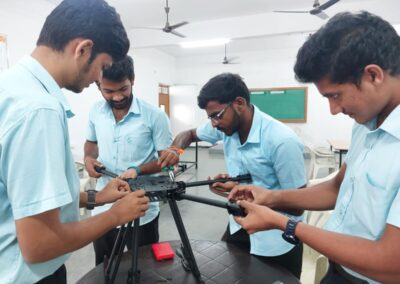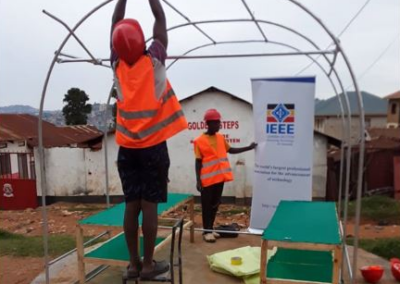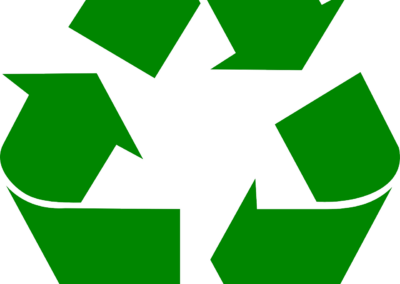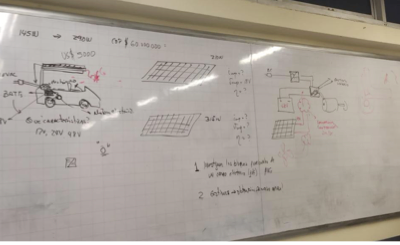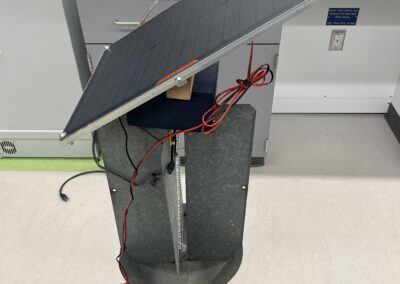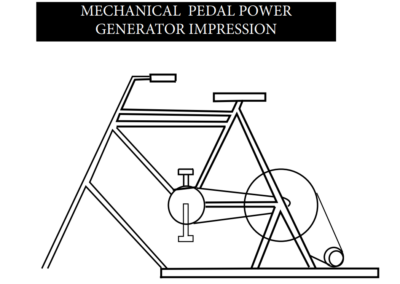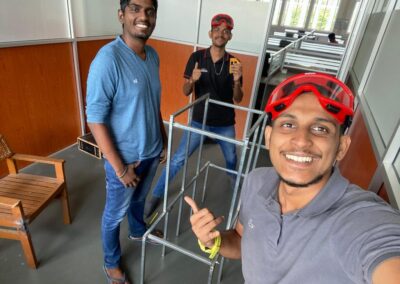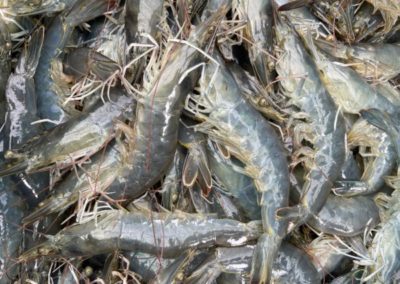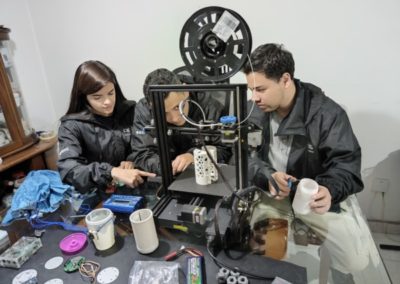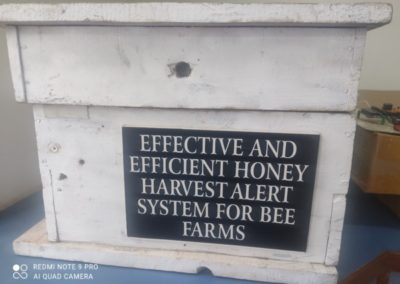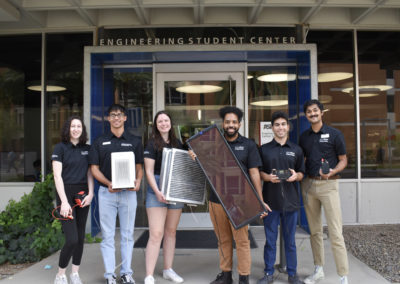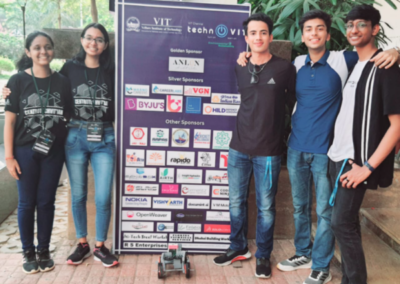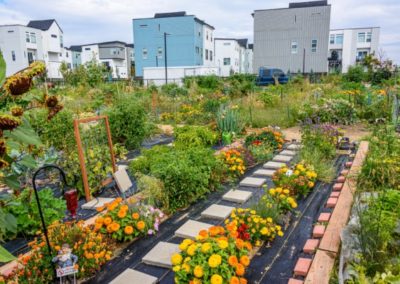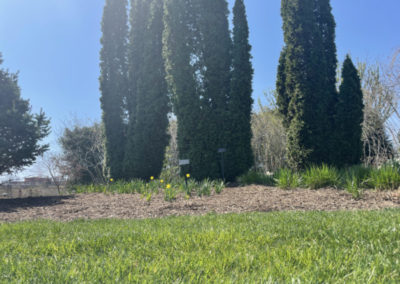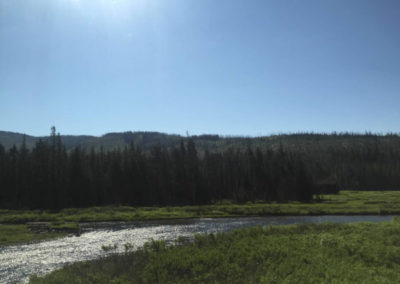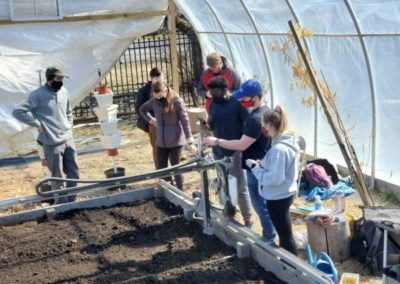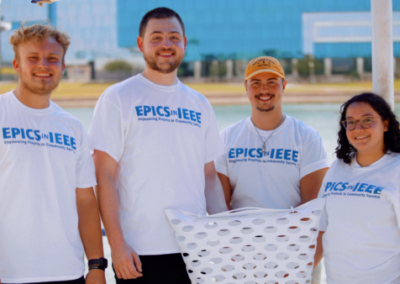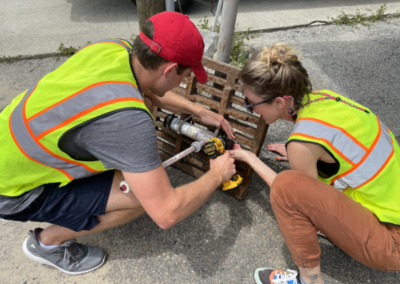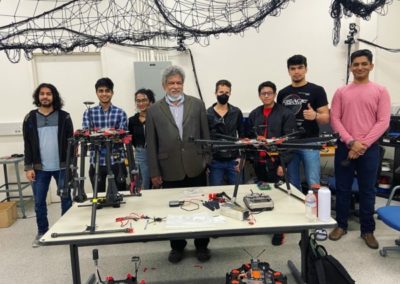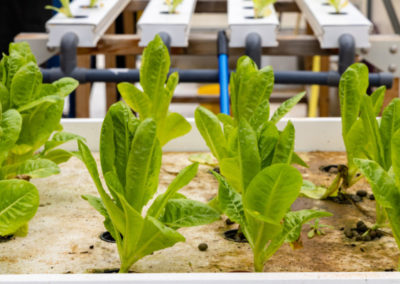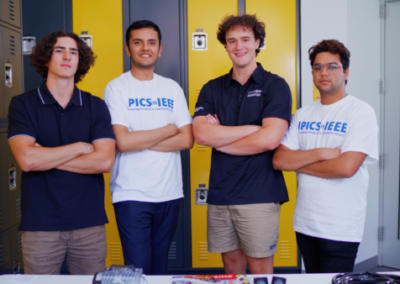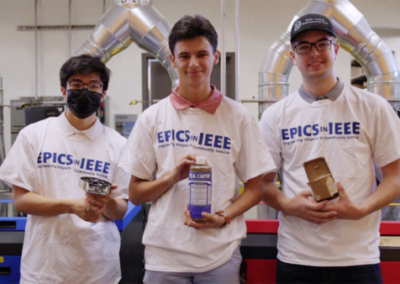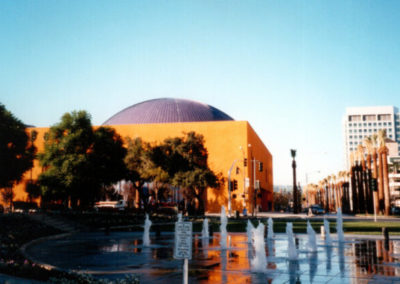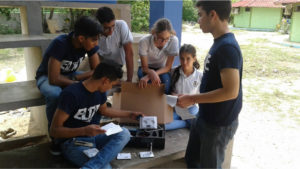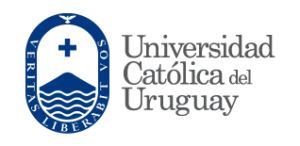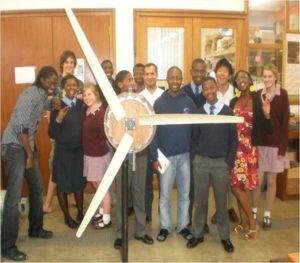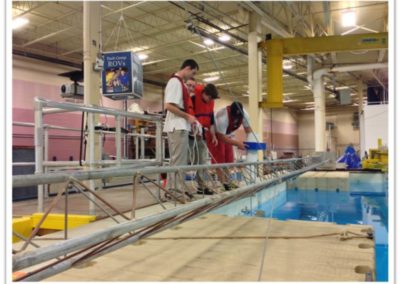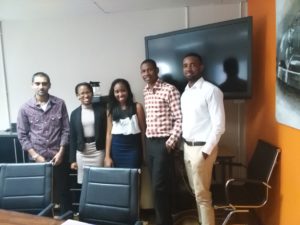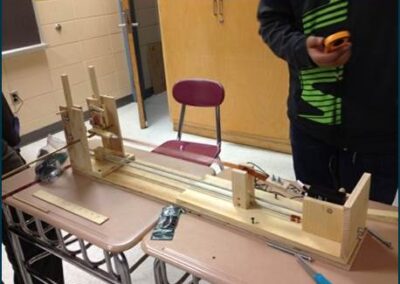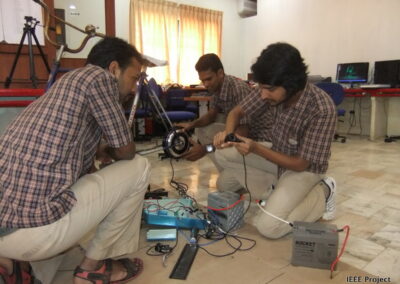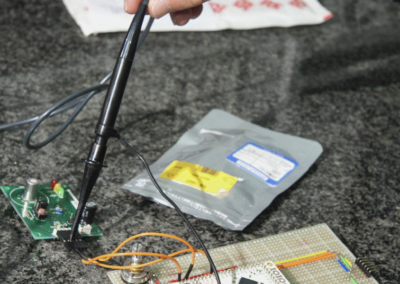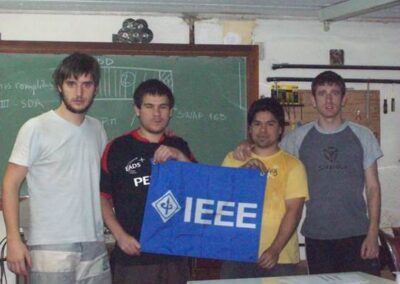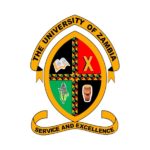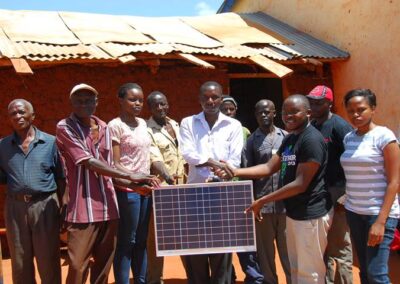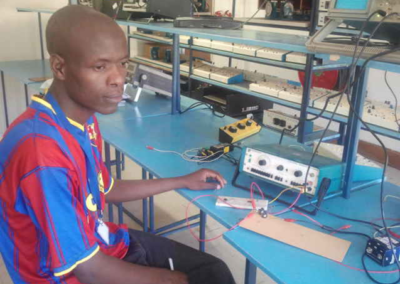Fall 2023
Call for Environmental Projects
Proposal Deadline: November 1st
Service-Learning Projects to Support the IEEE Initiative to Address Climate Change
IEEE recognizes that climate change is a global crisis and is committed to helping combat and mitigate the effects of climate change through pragmatic and accessible technical solutions and providing engineers and technologists with a neutral space for discussion and action —climate-change.ieee.org.
EPICS in IEEE has continued this commitment by supporting a call for Environmental focused service-learning projects. Students all over the world will have the opportunity to address the environmental and climate change technological needs of local non-profit organizations. Additionally, the students will come away with critical knowledge to help them succeed in their future engineering careers.
VIEW/DOWNLOAD
Call for Proposals Flyer
VIEW/DOWNLOAD
Partnership Flyer
The projects should be able to be completed in 1 year or less. All projects must have IEEE members involved. We encourage teams to partner with local IEEE sections, chapters, and affinity groups as well as IEEE student branches for projects.
Selected projects will receive up to $10,000 USD, mentorship, and resources.
EPICS in IEEE is proud to collaborate on this call for projects with several partners. If you are affiliated with one of the below partners please see the information in the partner requirements section.




Proposal Submission Information
Who Can Submit?
-
- Any IEEE member may apply for a grant
- IEEE Student Branches
- IEEE Young Professionals
- HKN Chapters
- IEEE Sections
- Faculty Members
- Teachers
Note: At least one member of the team needs to be an IEEE member and all teams must include students.
What is Funded?
-
- Grant funding is available to support the implementation of an EPICS in IEEE service learning project (ie. prototyping materials, supplies, local travel). Applicants are encouraged to view the EPICS in IEEE Budget training for more information on how to create an EPICS in IEEE budget. There is a budget template that teams can use to create the budget.
- The following items are not eligible for grant funding:
- International or Excessive Travel
- Honorariums
- Research Equipment
- Equipment for personal use
- Capital Equipment (this includes laptops/computers for computer labs)
- Overhead (general and administrative or indirect costs)
- Construction or building renovations
- Grants with an individual as the sole beneficiary
- Miscellaneous (or any additional budget requests that are not itemized)
- Prizes or incentives for participation
- Services such as internet or phone plans (unless not available anywhere in the community for reasonable use)
Note: All funding is transferred to the student team through the local IEEE Section. Selected teams will be asked to provide a financial point of contact to assist with funding distribution. It can take 2-3 months to receive funding after selection depending on where the team is located.

Funding Criteria
Programs must meet the following criteria:
-
- Students must be involved in the Engineering Design Process in a meaningful way
- Teams must have at least one IEEE member
- Projects must have a community partner
- The project must fit within the Environmental pillar to be funded through this call. All other projects will be pushed to the next deadline and the funding decision delayed.
- Must include technology that falls within the scope of IEEE
Program Evaluation
The EPICS in IEEE Committee will review all proposals using the EPICS in IEEE Project Evaluation Rubric. Check out our past approved EPICS in IEEE Projects examples.
The evaluation includes the following elements:
-
- Problem summary and justification
- Description of partnering organization (nonprofit or NGO) and their role
- Proposed technological solution
- Project planning documentation
- Solution Details
- Budget
- Timeline
- Team Composition
- Student learning outcomes
- Impact and assessment plan

Submission Date & Timeline
-
- Accepting Proposals: 1 September 2023 – 1 November 2023
- Review of Applications*: November/December 2023
- Announcement of Grant Recipients: 29 December 2023
- Deadline for Final Report: December 2024
*The EPICS in IEEE Committee will review all proposals and final reports. The Final report will be due 1 year after the team receives access to the funds.
Partner Requirements
IEEE Antennas and Propagation Society (AP-S) is partnering to bring $50,000 for projects from AP-S groups that include the following elements. If you are part of AP-S please make sure to select AP-S in the partnership drop-down in the application.
- One team member should be an active AP-S Member. Teams can be composed of teachers, faculty members, young professionals, and local AP-S chapter members
- AP-S-relevant technology should be used in the proposed solution to address a local community challenge
- The field of interest of the AP-S encompasses:
- Antennas and applications and systems pertinent to antennas, propagation, and sensing. Click here for the full list of interest areas.
IEEE Solid-State Circuits Society (SSCS) and EPICS in IEEE are partnering to bring $10,000 in funding for projects that utilize semiconductors, integrated circuit chips, and hardware to address the challenges of climate change and support the conservation of our natural resources. If you are part of SSCS please make sure to select SSCS in the partnership drop-down in the application. In addition to the requirements of EPICS in IEEE, here are the guidelines for SSCS-focused proposals:
- High-impact projects that can stimulate meaningful change in local communities, or address global environmental challenges, using hardware as a core technological tool.
- Examples range from building new chips, sensors, or communication systems, to using commercial, off-the-shelf components (e.g., prototypes incorporating Raspberry-pi/Arduino/FPGAs) to build systems that address the broad challenges.
- Areas of interest for funding include (but are not limited to):
- smart agriculture, environmental/food quality monitoring, waste reduction, reducing carbon footprint of industries, green manufacturing, green energy, efficient electrification, smart electrical grids, water purification, flood control, water management, wildfire mitigation.
- The project should use or build a technological platform (including assembling commercially available components). Pure theoretical research will not be funded.
IEEE Instrumentation and Measurement Society (IMS) is partnering to bring $10,000 for projects from IMS groups. If you are part of IMS please make sure to select IMS in the partnership drop-down in the application. The proposals should have some of the following elements.
- Development and use of electrical and electronic instruments and equipment to measure, monitor and/or record physical phenomena
- Include metrology, analog and digital electronic instruments, systems, and standards for measuring and recording electrical quantities (in both frequency and time domains)
- Can also include instrumentation and transducers for measurement of non-electrical variables, calibration, and uncertainty, instruments with automated control and analysis functions, safety instrumentation, and new technology applications.




Terms and Conditions
- Team leads must facilitate the completion of photo-release forms, liability waivers, and IP agreements prior to distribution of any funding.
- Project lead must submit quarterly check-in reports
- A final report, including a financial summary, must be submitted by 15 December 2024
- The funds for the project will be transferred to the team through the local IEEE section.
- All funds must be spent during 2024.
- Projects MUST comply with all national/federal, state, and local laws, guidelines, safety codes, and restrictions.
- All projects that involve children must follow IEEE Guidelines for Working with Children. Any project funding will be contingent on policy compliance.
- In the event the project collects, uses, processes, or otherwise involves the personal data of any individual, the grantee agrees that they shall, to the maximum extent possible, respect the privacy of those individuals. Grantee will comply with all applicable data privacy laws or regulations.
- Projects developing a medical technology device must collaborate with medical professionals and/or organizations. EPICS funds may not be used for a) tests of medical equipment on people/animals or b) mass production and/or deployment of devices that require but have not yet undergone the appropriate regulation, such as government approvals. Medical device manufacturing and deployment are highly regulated fields and may require partnership with and approval by relevant national/federal, state, and/or local authorities.
- All projects considered for funding will be shared with the IEEE Office of Risk and Insurance Management Services (ORIMS) and, in some cases, the IEEE Legal & Compliance Department, for their review prior to the final decision.
- Projects must avoid any actual, potential, or perceived conflicts of interest. Project teams must abide by the IEEE Principles of Business Conduct.
Submit your Proposal
Complete the EPICS in IEEE Proposal form in our Grant Management System. Submit your proposal using the link below. For information on how to use our grant management system, see the tutorials linked here. Proposals will be accepted starting September 1st.
Questions?
Past Environmental Projects
Contact Us
ADDRESS
Ashley Moran
445 Hoes Lane
Piscataway, NJ 08854, USA
PHONE
+1 732-562-6552
epicsinieee@ieee.org



